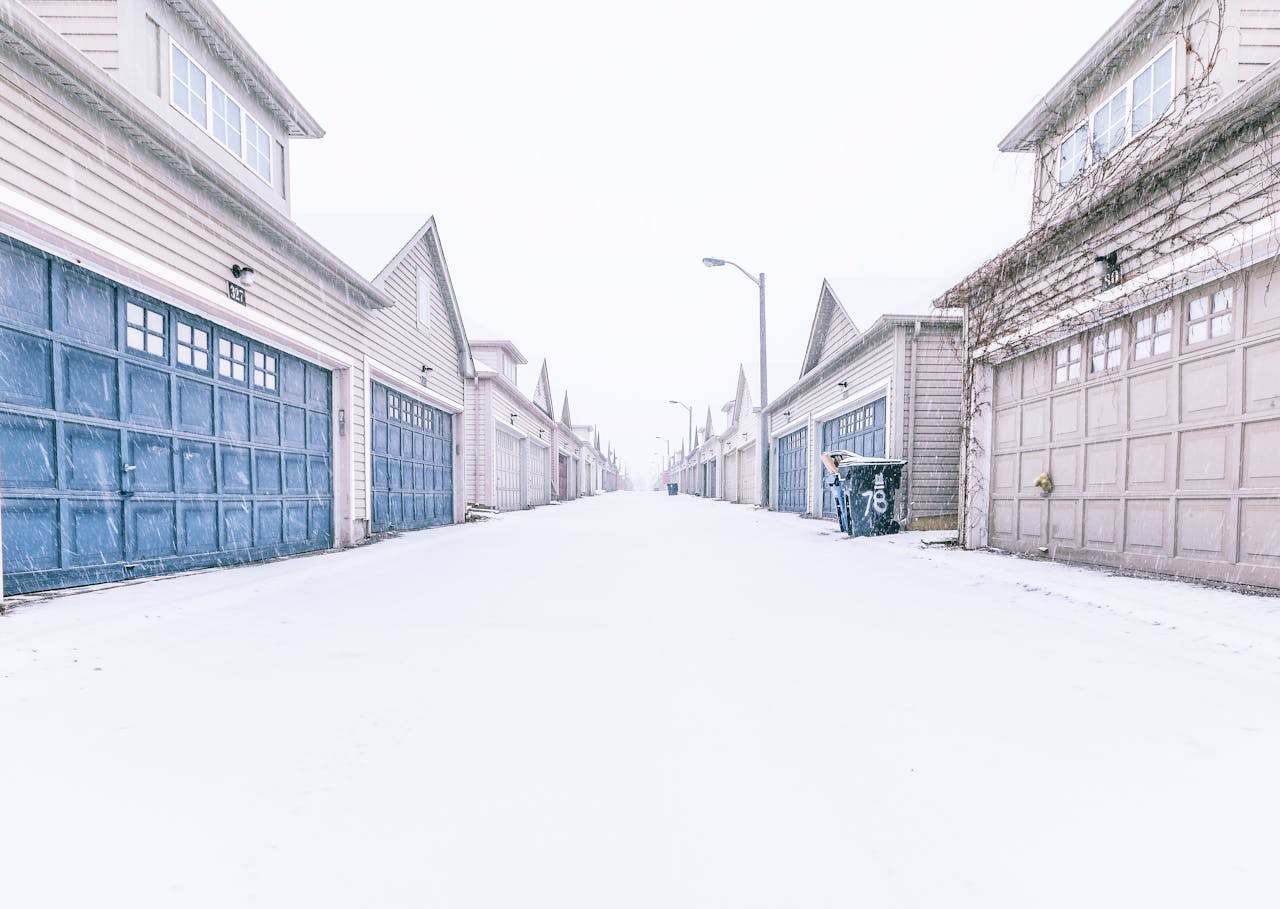
When you buy home insurance, you expect coverage for a wide range of risks like fire, theft, and storm damage. However, flood coverage is typically not included in standard home insurance policies. This leaves many homeowners wondering why flood insurance isn’t part of their regular coverage. Floods can cause significant damage, and without the right protection, you may face high repair costs.
What is Flood Insurance?
Flood insurance is a special type of coverage designed to protect your home and belongings from flood damage. A flood can happen for many reasons: heavy rain, a river overflowing, or a storm surge. Floods can cause a lot of damage, especially to the foundation of your home and the items inside. Flood coverage helps pay for repairs and replacements when water from a flood causes damage to your property.
Why Isn’t Flood Insurance Included in Home Insurance?
While home insurance is designed to protect against many types of damage, it doesn’t cover everything. One major exclusion is flood risk. But why?
The simple reason is that flooding is considered a unique risk. Floods don’t happen as often as fires or theft, but when they do, they can cause a huge amount of damage. Insurance companies consider flooding as a risk that is very different from other types of damage that home insurance typically covers.
In the past, flood risks were often ignored or not well understood by many insurers. As flood damage became a bigger problem, especially in areas near rivers or coastlines, the government stepped in to help. This is why flood insurance became a separate coverage.
Separate Coverages and Why They Matter
Flood insurance isn’t included in most home insurance policies because it’s a separate kind of coverage with its own rules and guidelines. Insurance companies don’t typically include flood insurance in their standard policies because it needs to be managed differently.
Some Carriers Endorse Flood Insurance
While most homeowners need to buy flood insurance separately, some insurance companies offer flood coverage endorsements. This means they will add flood insurance to your existing home policy. However, this is not the same as a full flood insurance policy, and it may not cover all flood risks. It's important to check the details with your insurance provider to see exactly what is covered.

National Flood Insurance Program (NFIP)
In the United States, flood insurance is usually offered through the National Flood Insurance Program (NFIP), which is run by the federal government. This program is regulated by the government to make sure flood insurance is available to homeowners, especially those in high-risk areas. The NFIP is available through many insurance companies, but the coverage and pricing will generally be the same, no matter which carrier you use.
Because flood insurance is federally regulated, homeowners can be sure that the policies offered by different carriers will cover the same types of flood risks. That means if you’re in a flood-prone area, the insurance you get will provide similar coverage no matter which company you choose.
What Does Flood Insurance Cover?
Flood insurance typically covers two main things:
- Building Property: This includes the structure of your home—your walls, floors, roof, and foundation. It also includes some of the systems in your home, such as plumbing and electrical systems.
- Personal Property: This includes the things inside your home, like furniture, electronics, and clothing.
However, it's important to note that there are limits to what flood insurance covers. For example, it doesn’t cover things like landscaping or expensive personal items such as art or jewelry unless those items are specifically listed.
How to Get Flood Insurance
If you need flood insurance, you can buy it through the NFIP, either directly or through a local insurance agent. Even if you don’t live in a high-risk flood area, it's still a good idea to consider flood insurance. Floods can happen in areas that aren’t considered high-risk, and the damage can be expensive to repair.
Why Flood Insurance is Important
Flood insurance is not included in home insurance because it is considered a separate type of coverage that needs to be handled differently. It’s regulated by the government and typically requires a separate policy. Some home insurance providers offer endorsements, but most homeowners will need to get flood insurance separately through the National Flood Insurance Program (NFIP). If you live in a flood-prone area or near bodies of water, it’s important to consider adding flood coverage to your insurance policy to protect your home and belongings.
Start Your Quote Today
Our licensed specialist will search for the best insurance quotes and will email you when ready.



